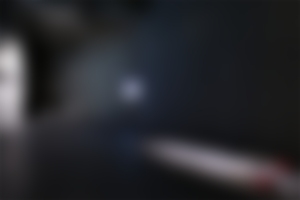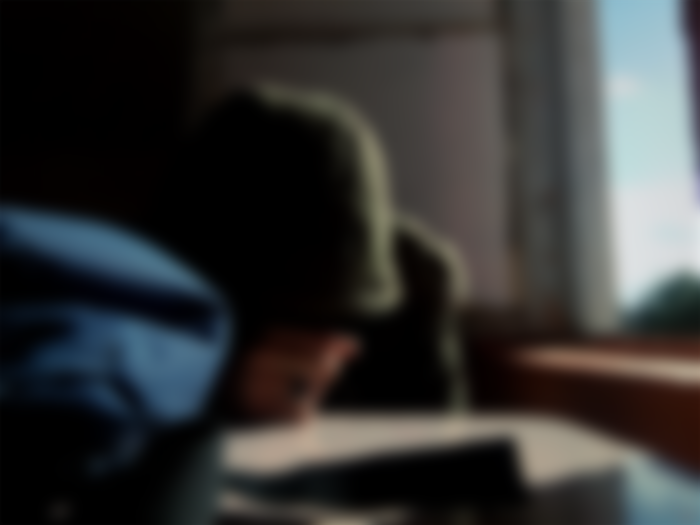We learn everything in life. We learn by forgetting what we have learned. No one remembers how he learned to walk, to drink water, that is, to hold the glass, bring it to his mouth, and then put it down again. We learn what we can do now, our physical actions observed from the outside, as well as what to think, how to react and what emotion to experience in the face of events.

Of course, this is not a formal education that a teacher or parent teaches us by saying, "Sit down today, we will learn what to think and how to react when you fall on the ground." It is something we do in life, through lived experiences, by observing, modeling, and interpreting the reactions of the other party in our own internal system. Something about definitions, meanings, equals that we create in our minds.
When a child trips and falls to the ground, hurting a child is a physical reaction. The baby, who had announced all his basic needs to the world by crying in the past, when he did not know how to speak, responds to this pity by crying again. This is normal, however, it is a learned response. The mother comes and chooses from a million different reactions. And records are written in the child's mind for future use in similar situations. For example, when the mother says, “Okay, don't worry,” she records, “Yes, I'm upset right now and I'm not supposed to be upset, but it hurts, I'll continue to get upset.” The child learns a data about the feeling of sadness. "You're sad when you fall" data. If you fall = you get sad, the equivalent is created. Or you fall = your mother gets angry or you fall = even if you are sad, you should not be sad. Everyone saves the most powerful data of their experience in capital letters in the relevant folder to be used in similar situations quickly from now on.

It was also possible that the mother would have chosen one of the millions of reactions: “Because the skin on the knee was lifted when you fell, that area was a little worn, it bled a little, I understand that it hurts you. It will pass. After a while, the skin will start to form again, it will crust, let's put a Band-Aid there.” In this case, the system will process this data differently.
In the energy-saving brain system, that data comes out of the relevant folders to be used quickly in similar situations and quickly reveals our reaction. It doesn't have to be the same event.
Just as we learn everything and everything, we also learn how to react in every situation where we feel we cannot do it, that we cannot do it, or that we feel helpless. We tried once, we could not get that visa, we always fail in senior management presentations, we can never cook like our mother, we cannot own a house like our father, or it is impossible to do the job we want. We have learned all the helplessness with thoughts such as "It can't happen in our company", "Not in our country", "I can never do it", we are not aware of it. Our desperation turns into our beliefs, our beliefs into our behaviors, and our life, with such vicious circles, distracts us a little, as far as unrealized potentials offer.

While putting forward the theory of “learned helplessness” Martin Seligman conducted researches and experiments many times. All living things gave up trying after a while when their efforts were unsuccessful. Even though the conditions have changed, the idea that "nothing will change anyway" became so dominant that it was not even possible to see the conditions change.
Are we in learned helplessness? Saying, "We don't have such things here". Or when someone says "you tried many times, stop it". Learned helplessness is a trap, and unfortunately many people don't even realize they are in it.
Learning is a beautiful thing. Continuing to learn… On the other hand, learned desperations are equivalents that have been lost to the brain and no longer function, they carry us to the future with worn out, helpless, hopeless, abandoned feelings. These feelings and states are axes that have been struck at the productivity and true potential of human beings.
The question that a person should be able to look at himself from the outside and ask himself when he stops trying is: Why am I quitting, can I be in learned helplessness? Instead of quitting, “What can I do differently to reach that point?” Wouldn't it be better to ask?

If you're in any situation where you stop trying for a moment, don't let learned helplessness hold you back and ask yourself these questions:
-What do I really want?
-What have I tried to achieve this request?
-What do I need to see differently?
-What can I do differently?
-What does it matter to me what I really want?
-How do I motivate myself to try again?
-How do I turn my learned helplessness into learned optimism?

Like learned helplessness, learned optimism can be learned. I can talk about it in my next post. Stay with love.





Nice article 👍